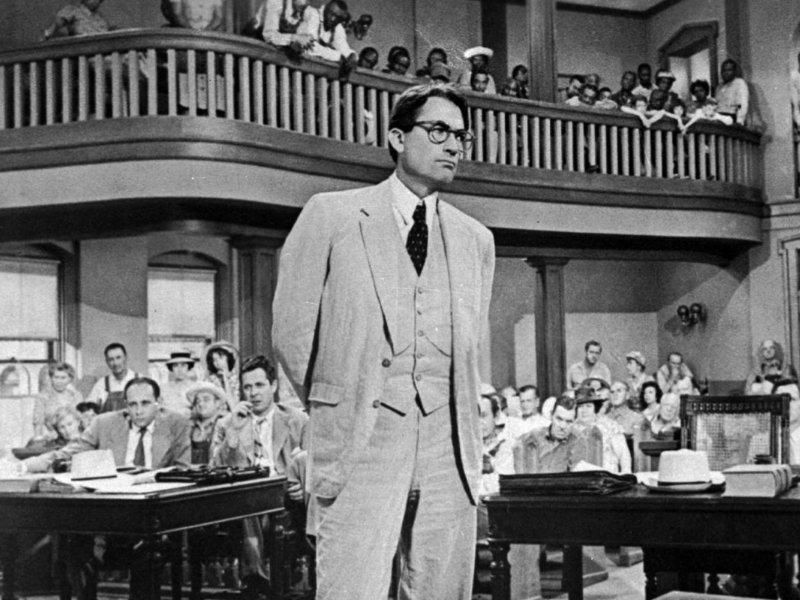The relationship between technology and lawyers and is complicated as lawyers who did not grow up with computers are ambivalent towards adopting technology for personal use but reluctant about professional use. Often touting ‘cutting-edge technology’ they fail to support professionals within the firm charged with deploying it.
Technology is slowly transforming the entire legal ecosystem including its economics, structure, providers, education and training, career trajectories, and culture, among other factors. Consumers are now denied access to affordable legal services welcome and encourage the changes, but lawyers don’t. In short, technology is changing the legal landscape and culture while re-defining the scope of a lawyer.
Lawyers and Technology
Lawyers are wary of transition from a labor-intensive, lawyer-centric, tightly-held guild to a technology / process-enabled competitive and inter-disciplinary marketplace where lawyers are not driving change that consumers/ entrepreneurs /technologists/professionals demand. An insular, reputation and precedent-based industry is morphing into an inter-disciplinary one based on data and innovation. Technology is a constant innovator in legal delivery with many non-legal professionals in its workforce, destroying lawyer hegemony in legal delivery.
The lawyer-centric system is being replaced by an inter-disciplinary approach to problem-solving of complex business challenges. Law is not just about lawyers and a new legal supply chain is being created where lawyers and law firms cannot control legal services delivery. Technology is an integral part of the legal delivery process without replacing lawyers but destroying the traditional legal culture by replacing it with a diverse, accessible, and cost-effective system that is competitive and customer-aligned. Legal professionals deploy technology and process-centric solutions to solve business challenges, as the antiquated legal ecosystem fails. Technology is a potent collaborative tool for lawyers to expand legal access to new consumers besides efficiently servicing existing clients.
New Legal Skillsets Demand Revamped Training
The ABA’s 3-time rejection of ‘alternate business structures,’ and the liberal leanings of the legal guild’s restraining regulations of business structure, is not justified. The ABA and State Bars, especially those voluntary ones and depending on lawyer funding, needs to focus on the consumer requirements, not lawyers. The mandate is for meaningful curriculum reforms in law school amidst a rapidly evolving landscape. Law schools keep producing graduates lacking practice competency and skills required in the marketplace, such as business basics, exposure to technology’s expanding use and role in legal delivery, project management, and people skills.
Law Firms and Dinosaurs
Law firms handling all matters from start to finish are out of fashion; as consumers select appropriate resources and the right service provider for the job. Law companies that focus on delivery rather than practice are poised to continue growth. In the legal marketplace, it is expertise, not reputation that matters. Law companies compete with law firms and in-house departments but often collaborate to enhance business impact for customers. The marketplace experiences realignment, and every provider benefits from collaboration and focus on delivery in a differentiated way.
Practice and not operations still makes all the difference for in-house departments and firms. It is a cultural holdover due for elimination when lawyers do not control both the sides of the legal buy-sell markets when a new generation of lawyers, not always necessarily advocates, calling the shots. Technology is ushering in the golden age of the legal entrepreneur and a degree in law is not required to weigh in.








